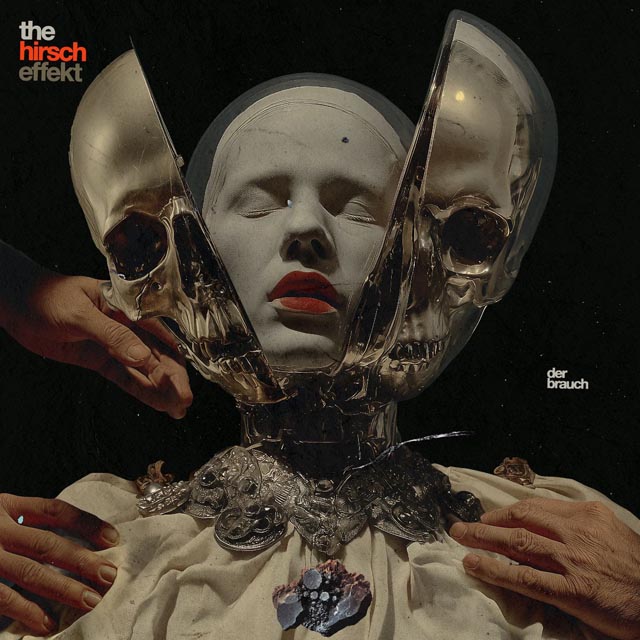
If you’ve ever noticed that music has an effect on your mood and mental state, you’re not alone. A new study, conducted by the British Academy of Sound Therapy (a trade school offering research and training in sound therapy) and commissioned by music streaming service Deezer, found a correlation between listening to music and one’s mental and physical well-being.
Looking at a sample of more than 7,500 people from all over the world, the study found that listening to 78 minutes of music per day can have a positive effect on one’s emotional health.
According to the study, one’s “Recommended Daily Allowance” (RDA) of music should include a variety of styles, moods and genres. The study breaks that 78 minutes down as 14 minutes (18%) of uplifting / happiness-inducing music, 16 minutes (20.5%) of calming / relaxing music, 16 minutes (20.5%) of music to overcome sadness, 15 minutes (19%) of motivating / concentration-aiding music and 17 minutes (22%) of anger-managing music. Most popularly, those in the study said that relaxation was music’s biggest emotional benefit 90% of the time. That was followed by happiness (82%), overcoming sadness (47%), concentration (32%) and anger management (28%).
Despite that 78-minute recommendation, you don’t really need that much time with the music for it to have an effect on your mood. The study found that listening to an average of 11 minutes of music can have a therapeutic effect. For happiness, the time amount is even less, as just five minutes can shift your mood.
British Academy of Sound Therapy founder Lyz Cooper commented:
“There are certain properties of music that affect the mind and body. Dedicating time each day to listen to music that triggers different emotions can have a hugely beneficial impact on our well-being. Listening to happy songs increases blood flow to areas of the brain associated with reward, and decreases flow to the amygdala, the part of the brain associated with fear.”
The study also tested which genres were best suited for each emotional benefit. Pop music ranked highest when it came to feelings of happiness with 25% of participants citing the genre as helpful while classical music was classified as the most relaxing by 28% of participants. As for rock music, 28% of participants said that the genre was good for anger management, most likely because of its fast tempo (a factor 31% preferred for that emotion). AC/DC’s “Highway to Hell” was deemed the best song to listen to for dealing with rage. Rock was also found to be relaxing, with 18% of participants saying they felt more at ease after listening to 16 minutes of the genre.
“Music influences our lives and at Deezer we try to understand and embrace the relationship that people have with their favorite tunes,” said Deezer’s VP of Content and Productions Frederic Antelme about the study. “Now we’ve been able to go even deeper into that relationship and see how people use music to manage different mental states.”
Research for the study was conducted through a public survey on the British Academy of Sound Therapy’s website.












